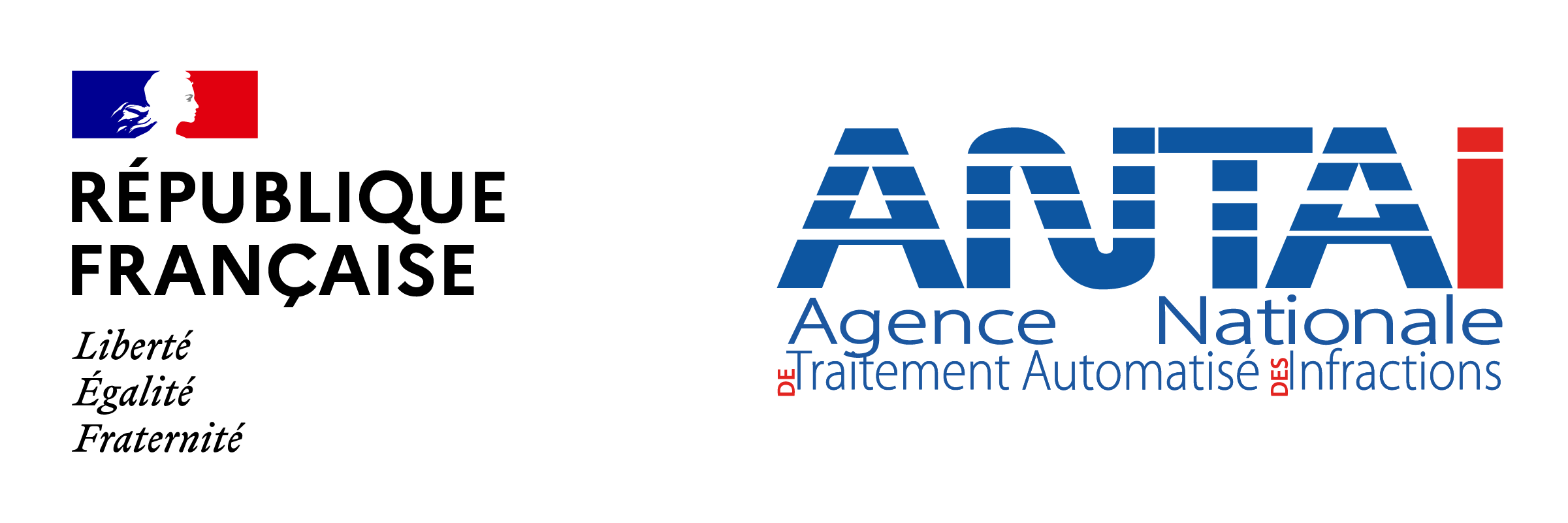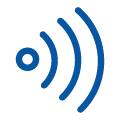 Payment
Payment

General principles
- The payment of your fixed fine is a valid acknowledgement of the offence and can, where applicable, entail the deduction of one or more points from your driving licence.
- The issuance of an increased fixed fine can entail the deduction of one or more points from your driving licence according to the reported offence.
- The Fichier National des Permis de Conduire (F.N.P.C.) service will notify you by letter of the number of points deducted and the number of points remaining on your driving licence.
The 3 types of fine
Infringements of the traffic and parking regulations are the most common. In the majority of cases these cases are punished by a fixed fine.
The fixed fine allows you to avoid criminal prosecution by paying a fixed fine.
The fixed fine applies to nearly all offences in the first 4 classes.
The different fine amounts:
- €11 or €17 for a 1st class offence.
- €35 for a 2nd class offence.
- €68 for a 3rd class offence.
- €135 for a 4th class offence.€500 for the crime of driving without insurance. Note: to this amount is added the compulsory contribution of €250 to the Mandatory General Insurance Guarantee Fund;
- €800 for the offence of driving without a licence or driving with a licence not corresponding to the category of the vehicle.
The amount of the fixed fine is reduced if you pay it within the 15 days following the date appearing on the offence notice.
The different fine amounts:
- €22 instead of €35 for a 2nd class offence;
- €45 instead of €68 for a 3rd class offence;
- €90 instead of €135 for a 4th class offence.
- €400 instead of €500 for the crime of driving without insurance. Note: to this amount is added the mandatory contribution of €200 to the Mandatory General Insurance Guarantee Fund;
- €640 instead of €800 for the offence of driving without a licence or driving with a licence not corresponding to the category of the vehicle.
Good to know:
You are not entitled to a reduced fixed fine for a 1st class offence. Its fixed amount is of €11 or €17 according to the nature of the offence.
You will be granted an additional period of 15 days if you choose to pay the reduced fixed fine either by bank card (over the Internet or by voice server), or by remote stamp available from the counters of the General Public Finances Directorate (DGFiP) or « electronic fine payment » approved newsagents.
You will receive an increased fixed fine (AFM) if:
- you have not designated another driver;
- you have not contested against the offence within the permitted time limit;
- you have not pay the fixed fine or you have not paid it in full;
- you have not observed the payment time limit of 45 days (this time limit is extended to 60 days if you choose to pay either by bank card over the Internet or by voice server, or by remote stamp available from the counters of the General Public Finances Directorate (DGFiP) or "electronic fine payment" approved newsagents.
- you have paid the reduced amount after the permitted 15-day time limit (this time limit is extended to 30 days if you choose to pay either by bank card over the Internet or by voice server, or by remote stamp available from the counters of the General Public Finances Directorate (DGFiP) or "electronic fine payment" approved newsagents;
- you have appealed against the offence but your request has been rejected.
What do I do if I receive an AFM?
If you acknowledge the offence, you must pay the increased fixed fine.
The sum to be paid can be reduced by 20% if you pay within the 30 days following the despatch date of the notice. This period is extended to 45 days if you choose to pay over the Internet or by telephone.
For you to be entitled to this, this sum reduced by 20% must appear on your increased fixed fine notice. Beyond this 30-day period, extended to 45 days if you choose to pay over the Internet or by telephone, you must pay the amount of the increased fixed fine.
Payment channels and methods
| Payment channels | Payment methods | Types of fine |
|---|---|---|
|
Internet or smartphone |
Debit or Credit Card | The 3 types of fine |
| Telephone (+33 149 353 692) | Debit or Credit Card | The 3 types of fine |
| By post | Cheque | The 3 types of fine |
| Trésorerie | Cash | The 3 types of fine |
| At a newsagent | Remote fine payment stamp * | Reduced fixed fine Fixed fine |
*The remote fine payment stamp can be settled at the newsagents by debit or credit card, cheque or cash.
Note: cash payments at public finance counters are limited to 300 euros.
| Additional payment methods for foreigners | ||
|---|---|---|
| Bank | Bank transfer | The 3 types of fine |
Nouveau : le paiement fractionné pour les amendes délictuelles
L’ANTAI en lien avec les ministères de la justice et des finances expérimente, depuis le 6 mars 2023, la solution du paiement fractionné
afin de permettre aux usagers de régler en plusieurs fois la somme demandée. A noter cependant que l'intégralité du montant de l'amende devra être réglée dans les délais légaux impartis.
Pourquoi introduire le paiement fractionné ?
La mise en place d’un paiement fractionné par carte bancaire, en restant dans la limite légale des 60 jours applicable aux paiements dématérialisés*, facilitera dès lors le règlement des amendes délictuelles lorsque le mis en cause reconnaît manifestement l’infraction. Le nombre et le montant des paiements ne sont pas imposés, et laissés à l’appréciation du redevable, dans la limite du délai de paiement.
Points de vigilance :
- Si l’intégralité de l’amende n’est pas réglée au bout des 60 jours, alors l’amende sera majorée sur la base du montant restant à payer (vous recevrez l’avis d’amende majorée à votre adresse postale).
- Le paiement fractionné ne s’applique pas à la consignation préalable à la contestation. Elle doit être réglée intégralement, en une seule fois.
- Une fois un premier versement partiel effectué, il n’est plus possible de consigner pour contester.
Découvrez comment bénéficier du paiement fractionné
Lire également la foire aux questions

















